
News
10 Essential Tips for Sourcing High-Quality Vitamin B Complex Globally
The demand for high-quality Vitamin B Complex supplements is on the rise, with the global market projected to reach USD 8.4 billion by 2026, growing at a CAGR of 6.6% from 2021 to 2026, according to a recent report by MarketsandMarkets. This surge is driven by increasing consumer awareness of the importance of B vitamins in supporting overall health, boosting energy levels, and enhancing cognitive function. As people become more health-conscious and seek preventive healthcare solutions, sourcing premium Vitamin B Complex products has become a priority for manufacturers. However, navigating the global supply chain for these essential nutrients can be challenging. In this blog, we will explore 10 essential tips for effectively sourcing high-quality Vitamin B Complex from around the world, ensuring that your products meet the highest standards of quality and efficacy while catering to the growing consumer demand.

Understanding Vitamin B Complex: Types and Health Benefits
Vitamin B complex is a group of eight essential vitamins that play a crucial role in various bodily functions. These vitamins include B1 (Thiamine), B2 (Riboflavin), B3 (Niacin), B5 (Pantothenic acid), B6 (Pyridoxine), B7 (Biotin), B9 (Folate), and B12 (Cobalamin). According to the World Health Organization (WHO), deficiencies in B vitamins can lead to severe health issues, including anemia, impaired immune function, and neurological disorders. For instance, B12 deficiency is linked to cognitive decline and may increase the risk of neurodegenerative diseases.
Recent industry reports highlight a significant surge in the demand for Vitamin B complex supplements, indicating a growing awareness of their health benefits. A study by Grand View Research reveals that the global vitamin B complex market is expected to reach $6.2 billion by 2026, growing at a CAGR of 9.1%. This rising trend is driven by the increased prevalence of nutritional deficiencies and the benefits of B vitamins in promoting energy production, improving mood, and supporting metabolic processes. Understanding the importance of sourcing high-quality B complex vitamins can significantly enhance dietary health, ensuring that consumers receive the right nutrient profiles for optimal well-being.
Identifying Quality Sources: Key Attributes to Look For
When sourcing high-quality Vitamin B complex globally, it’s crucial to identify key attributes that signify a reliable supplier. One essential characteristic is the commitment to quality control. According to a report from the World Health Organization, the global market for dietary supplements, including vitamins, is projected to reach $278 billion by 2024, emphasizing the need for stringent quality assessment processes. Suppliers should demonstrate certifications such as Good Manufacturing Practices (GMP) and ISO standards, which ensure the consistency and safety of their products.
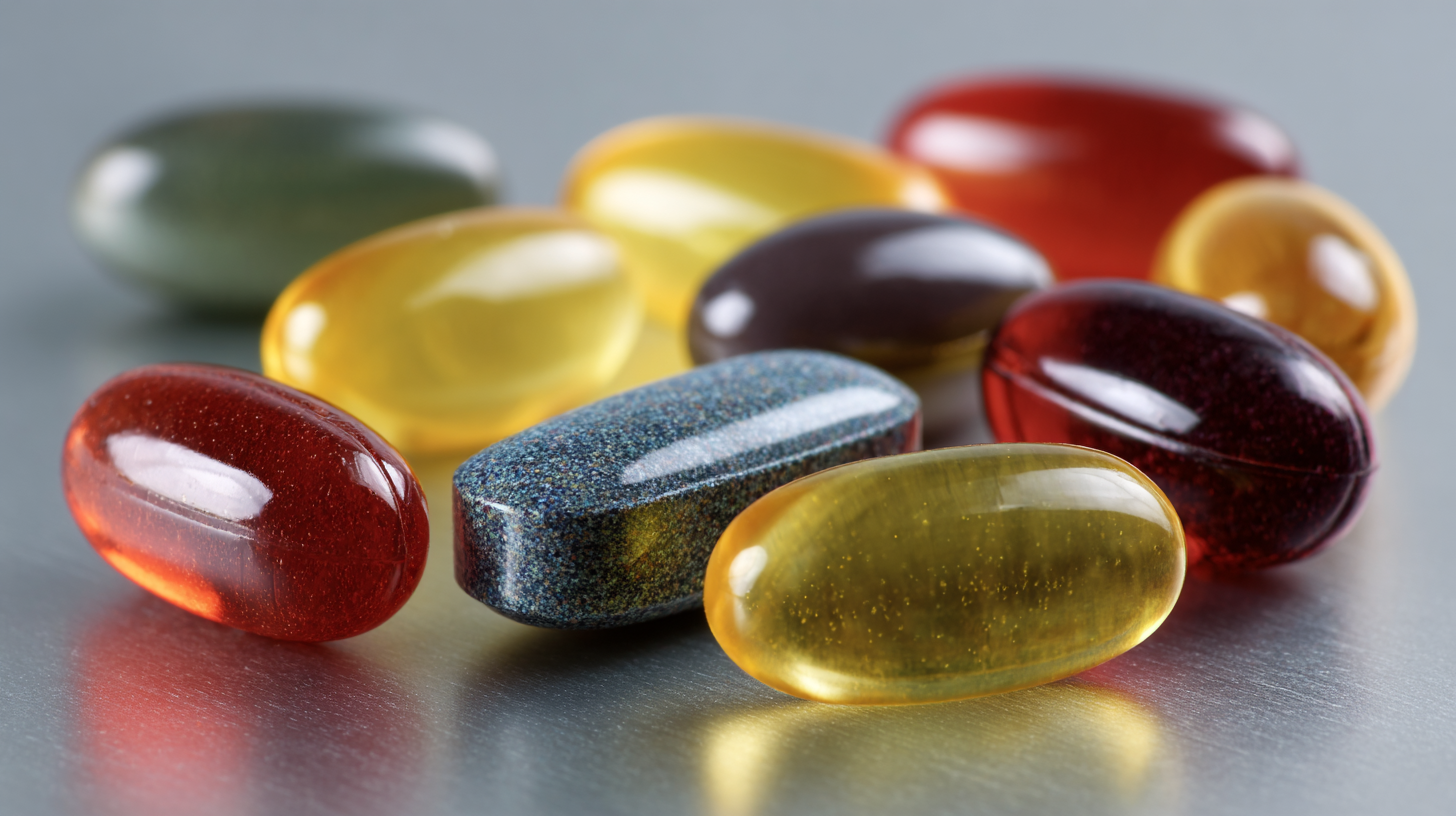
Another pivotal aspect to consider is the traceability of raw materials used in the production of Vitamin B complex. Research highlights that transparency in sourcing can significantly affect the perceived quality of nutritional supplements. The International Journal of Food Science & Technology suggests that consumers increasingly prefer products with clear sourcing information, as it not only promotes trust but also ensures that ingredients are free from contamination and pollutants. By focusing on suppliers who provide detailed information about their sourcing and production processes, companies can enhance the integrity of their Vitamin B complex offerings.
Global Sourcing Strategies: Navigating Suppliers and Regulations
When navigating the complexities of global sourcing for high-quality Vitamin B complex, understanding the regulatory landscape is vital for compliance and quality assurance. According to a report by Grand View Research, the global vitamin B complex market was valued at approximately $1.4 billion in 2022 and is projected to expand at a CAGR of 7.0% from 2023 to 2030. This growth highlights the increasing demand for vitamins, which is further fueled by rising health awareness and the growing trend of preventive healthcare.
To successfully source Vitamin B complex, suppliers must adhere to various regulations set by different countries, including the FDA in the United States and EFSA in the European Union. These regulations govern everything from ingredient sourcing to labeling, ensuring that products are not only safe but also of high quality. A recent survey by the Nutritional Research Foundation indicates that 65% of consumers prioritize products with clear regulatory compliance and certification marks, showing a market demand that aligns with quality assurance measures. Therefore, collaborating with suppliers who are knowledgeable about these regulations and are compliant can significantly influence the success of your sourcing strategy.
10 Essential Tips for Sourcing High-Quality Vitamin B Complex Globally
| Tip Number | Tip Description | Key Considerations | Compliance Requirements |
|---|---|---|---|
| 1 | Identify reliable suppliers via trade platforms | Check supplier ratings and reviews | Certifications, quality assurance protocols |
| 2 | Request samples to evaluate quality | Review ingredient origin and processing | Testing for purity and potency |
| 3 | Understand local regulations and standards | Staying updated on health regulations | Labeling, safety, and import laws |
| 4 | Evaluate supplier certifications | Ensure certifications match your needs | GMP, ISO, and organic certifications |
| 5 | Negotiate prices and payment terms | Consider overall value over lowest pricing | Payment security and transaction fees |
| 6 | Establish clear contracts | Detail all expectations and deliverables | Legal compliance and enforceability |
| 7 | Conduct regular audits of suppliers | Ensure ongoing compliance with standards | Audit requirements vary by region |
| 8 | Stay informed about market trends | Monitor shifts in consumer preferences | Adapting to regulatory changes |
| 9 | Develop strong relationships with suppliers | Build trust for better communication | Understanding cultural differences |
| 10 | Leverage technology for efficiency | Use platforms for order management | Compliance with digital trade regulations |
Testing and Certification: Ensuring Purity and Potency
When sourcing high-quality Vitamin B complex globally, ensuring the purity and potency of your ingredients is crucial. Testing and certification play a pivotal role in this process. Look for suppliers who utilize standardized testing protocols, as was recently introduced in the cannabis sector. Such standards help guarantee that the products meet specific quality benchmarks, providing transparency and reliability. Additionally, consider suppliers that offer certifications from reputable third-party organizations, ensuring that their Vitamin B complex formulations are free from contaminants and are effective.
Another vital tip is to review the concentration levels of active ingredients. A reliable supplier should provide information on the potency of their Vitamin B complex products. This can be confirmed through Certificate of Analysis (CoA) documents that demonstrate the purity and strength of the compounds. Lastly, stay informed about the latest industry trends, as emerging certifications can also inform you about the best practices in testing methods, elevating your sourcing strategy to meet ever-higher consumer expectations. By focusing on these aspects, you can ensure that the Vitamin B complex you choose contributes positively to health and wellness.
Vitamin B Complex Quality Assessment
This bar chart illustrates the key quality metrics for sourcing high-quality Vitamin B Complex globally, focusing on purity percentage, potency in milligrams, lab certification rate, and customer satisfaction percentage. Achieving high values in these categories is essential for ensuring the effectiveness and safety of the vitamin supplements.
Building Long-Term Relationships: Partnering with Reliable Manufacturers
Building long-term relationships with reliable manufacturers is crucial for sourcing high-quality Vitamin B complex globally. According to the Global Nutraceuticals Market Report 2022, the demand for nutraceuticals, including Vitamin B products, is projected to grow at a CAGR of 7.5% through 2028. This booming market highlights the importance of identifying manufacturers who not only provide high-quality products but also share a similar commitment to quality and sustainability.
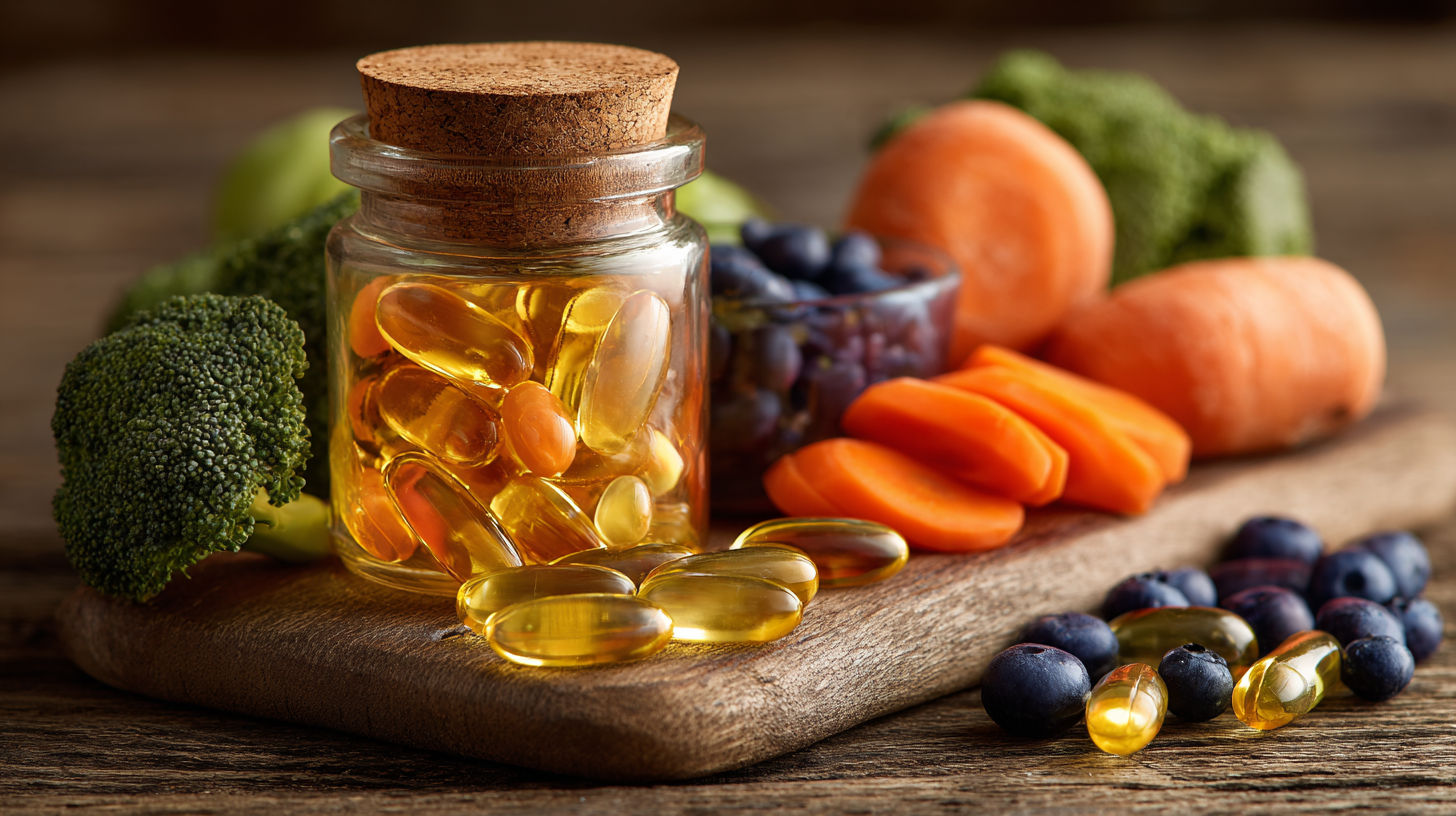
Tip 1: Conduct thorough background checks on potential manufacturers. Look for certifications such as GMP (Good Manufacturing Practices) and ISO 9001, which ensure product quality and safety. Additionally, manufacturers with a solid track record in the industry can provide valuable insights into sourcing options and quality control practices.
Tip 2: Engage in open communication and regular visits to manufacturers’ facilities. This fosters transparency and trust, essential components in a long-term partnership. According to industry experts, manufacturers that prioritize collaboration tend to deliver superior quality products, significantly reducing risks associated with supply chain disruptions.
Finally, prioritize manufacturers that emphasize research and development. As indicated by a study from the Nutraceuticals Institute, investing in R&D not only enhances product quality but also positions businesses to adapt to evolving consumer preferences, ensuring sustained growth in the competitive Vitamin B complex market.
Related Posts
-
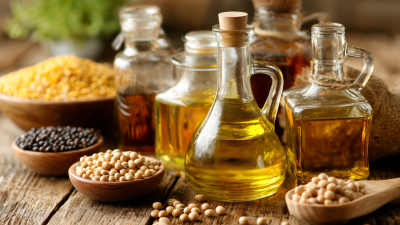
How to Incorporate Soybean Oil into Your Daily Cooking for Healthier Meals
-
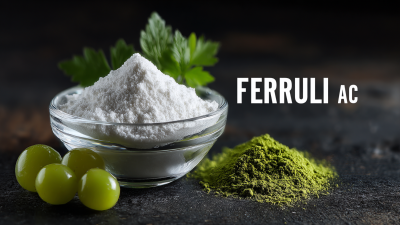
7 Essential Tips for Sourcing the Best Ferulic Acid in Global Markets
-
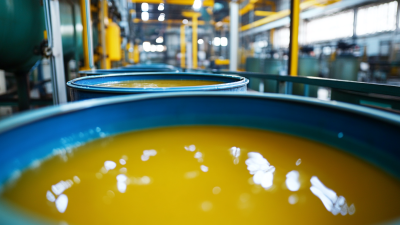
Global Excellence in Liquid Paraffin Manufacturing: China’s Commitment to Quality
-
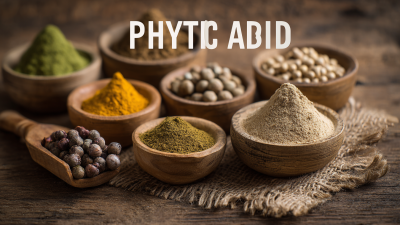
Exploring Best Phytic Acid Alternatives for Global Buyers in the Nutraceutical Industry
-

Exploring Creative Applications of Glutamic Acid in Modern Industries
-
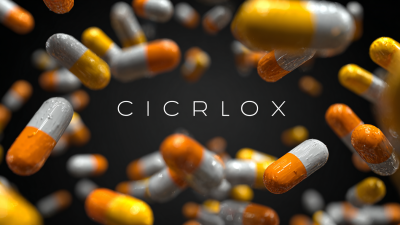
Exploring the Most Effective Examples of Best Ciclopirox Olamine Applications





